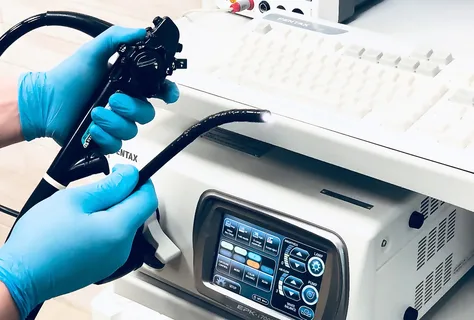Table of Contents
1. Jump-start Your Career in Data Science
The massive explosion of data in today’s world is determining the landscape of our lives. This has led to an urgent necessity to process massive amounts of information. From robot process automation to leveraging Machine Learning to collate data, Data Science’s growth trajectory for 2020 holds enormous potential for all Data Science professionals and is expected to grow at a tremendous rate in the days to come. To become a Data Science professional, you need to enroll in an industry-recognized course for data scientist. In this blog, we cover everything that you need to know about career in Data Science and all the opportunities that come along.
2. Wage Potential for Data Science Professionals
Many seasoned programmers and experienced software developers are moving towards Data Science and Machine Learning hoping for better pay and to improve their career prospects. In the list of the highest paying jobs in the IT industry, ‘Data Scientist’ job profile occupies the prime position with a whopping average salary of US$95,000/year. Premier software giants like IBM predict that by the next year, there would be as many as 2,720,000 Data Science job openings in the market. Now, owing to the ever-growing demand for skilled Data Science professionals in the field of AI, Automation, Machine Learning, and Robotics, MNCs are constantly scouting for Data Science professionals. As a result of this, Data Science professionals pocket huge salaries when compared to their software peers In the days ahead, Automation would soon find itself everywhere, from the most menial to the most advanced jobs. To keep up with the times, MNCs are reskilling their workforce with an industry-recognized Data Science course.
3. Let’s Explore the Exciting World of Data Science
Data Science is a multidisciplinary area of scientific processes, algorithms, computing, and emerging software technology to solve increasingly complex real-world problems. It deals with data discovery, data representation, and turning data into meaningful insights for commercial purposes. From life-saving medicines to annoying advertisements to driverless cars, Data Science is fronting the forthcoming AI revolution. To play your role as a Data Science professional in this upcoming AI revolution, you need to be an expert in Data Science. So, we recommend you to enroll in an industry-recognized Data Science course.
4. Essential Skills to Master Data Science
If you are dreaming to become a Data Scientist, then there are some essential skills that you need to master. Our comprehensive Data Science course is there to lend you a hand as our course curriculum caters to a wide variety of audiences, of novice, intermediate, and advanced levels. This curriculum lets you gain complete proficiency in Data Science concepts and practical exposure to industry-focused projects that include one capstone project.
Starting from the very basics of Python to the advanced topics of Machine Learning, this course gives you broad exposure to the essential topics and utilities of Python, R, Machine Learning algorithms, and much more. The course encompasses a wide range of Data Science topics, including:
- Basics of Python and R programming languages
- Machine Learning algorithms with Python and R
- Tableau
- Beginner-to-advanced level SAS
- Apache Spark and Apache Hadoop
- NoSQL with MongoDB
- Beginner-to-advanced level Excel
- Artificial Intelligence with TensorFlow
5. Must-haves Before You Enroll in Our Data Science Course
- A laptop/computer with an Internet connection
- The latest Internet browser, such as Google Chrome, Mozilla Firefox, etc.
- The latest text editor, such as Atom, Sublime Text, Notepad++, etc.
- Anaconda IDE or any latest Python-based IDE
- Windows 7 or any latest versions of Windows OS
- Ubuntu OS or any latest Linux OS
6. Who benefits from this course?
- Professionals looking for a career transition
- Data Science enthusiasts
- Software developers
- Business Intelligence developers
- Graduates or postgraduates with specialization in mathematics or statistics
- Engineering graduates
- Exciting Career Prospects in Data Science Industry Today
Career prospects are very bright for a person who has undertaken a decisive Data Science course. Here, we present to you some of the hottest Data Science Engineer careers, those you can start pursuing as an entry-level professional and work your way up to becoming a world-class Data Science professional.
- Data Analyst
- Data Engineer
- Data Scientist
- Machine Learning Engineer
- Machine Learning Scientist
- Data Architect
- Machine Learning Architect
8. Enroll in Our Data Science Training and Get Certified to Surge Ahead in Your Data Science Career
Brighten your career prospects by enrolling in our industry-focused Data Science course to have a solid knowledge of Data Science concepts and stand out from the crowd by getting certified, along with working on industry-recognized projects. Our state-of-the-art Data Science course is developed by the industry’s top Data Scientists. Enroll in our industry-recognized Data Science course and surge ahead in your Data Science career!





